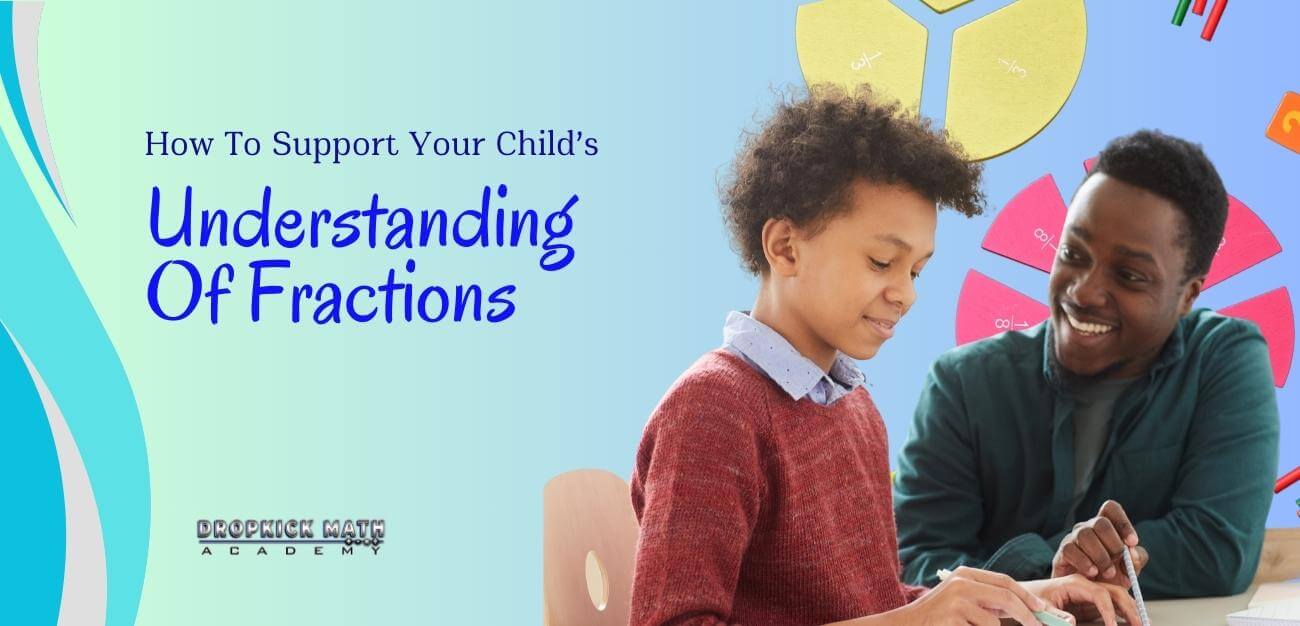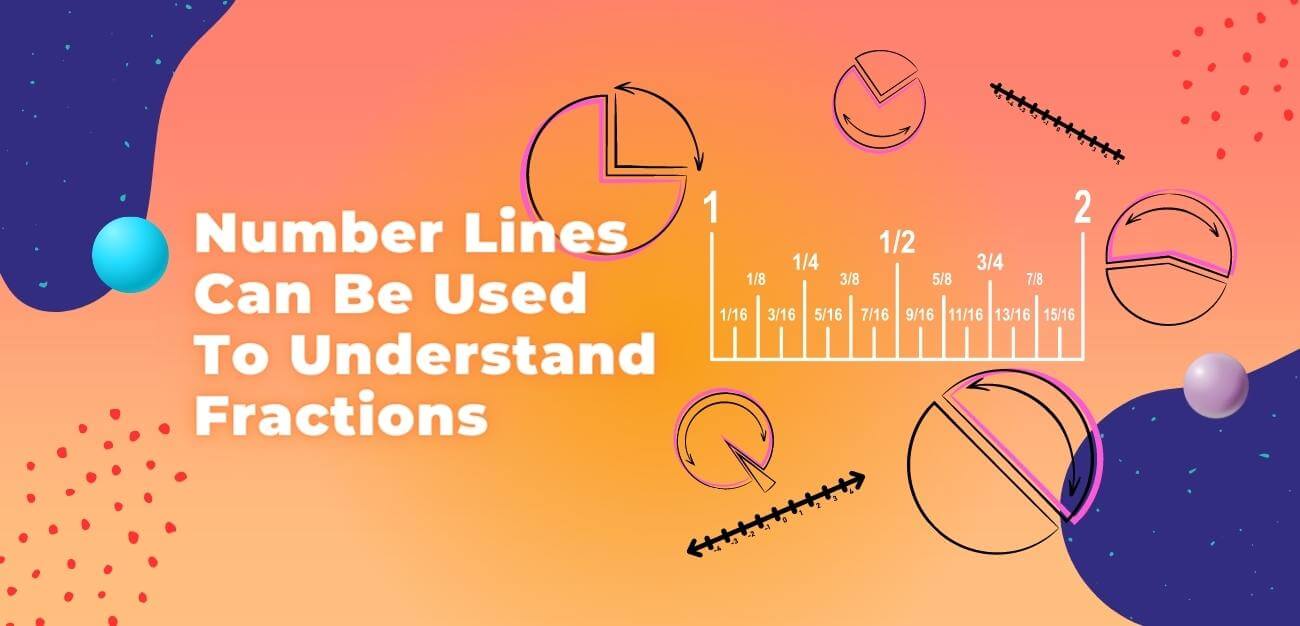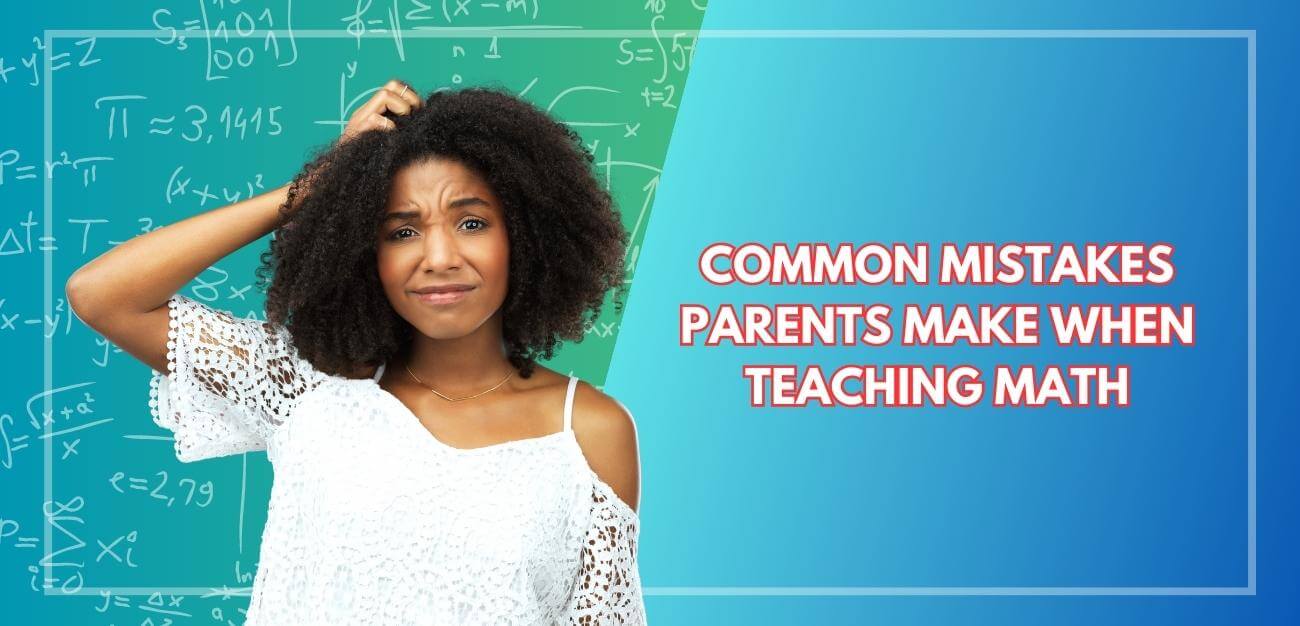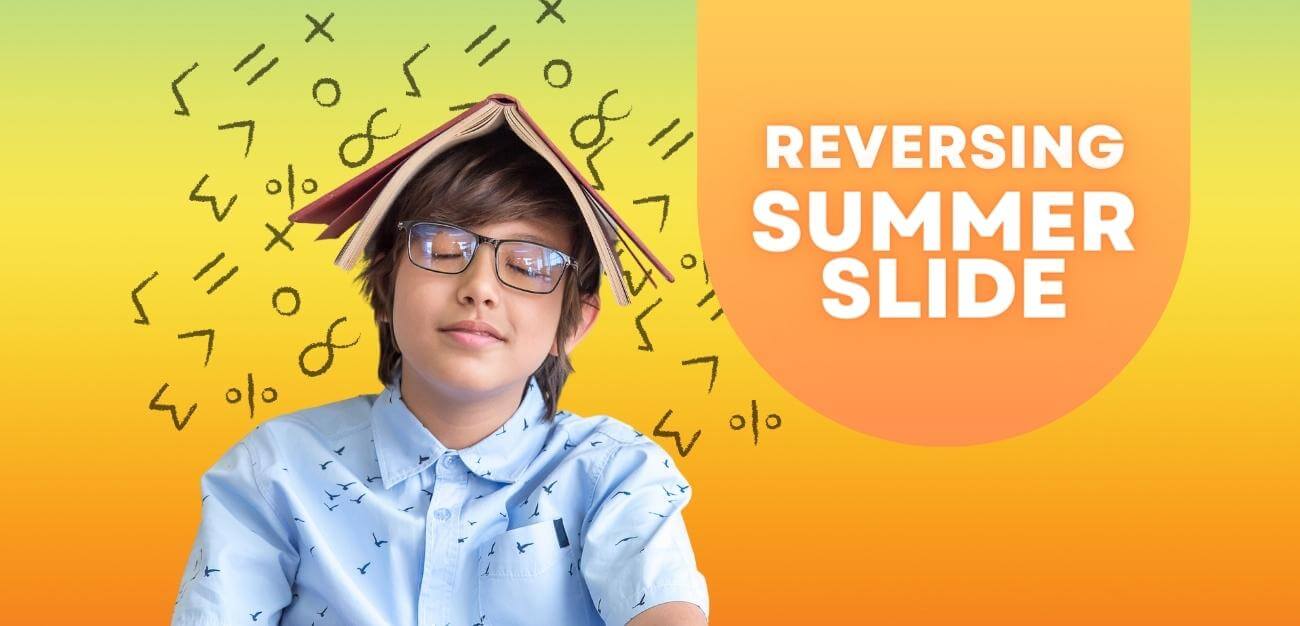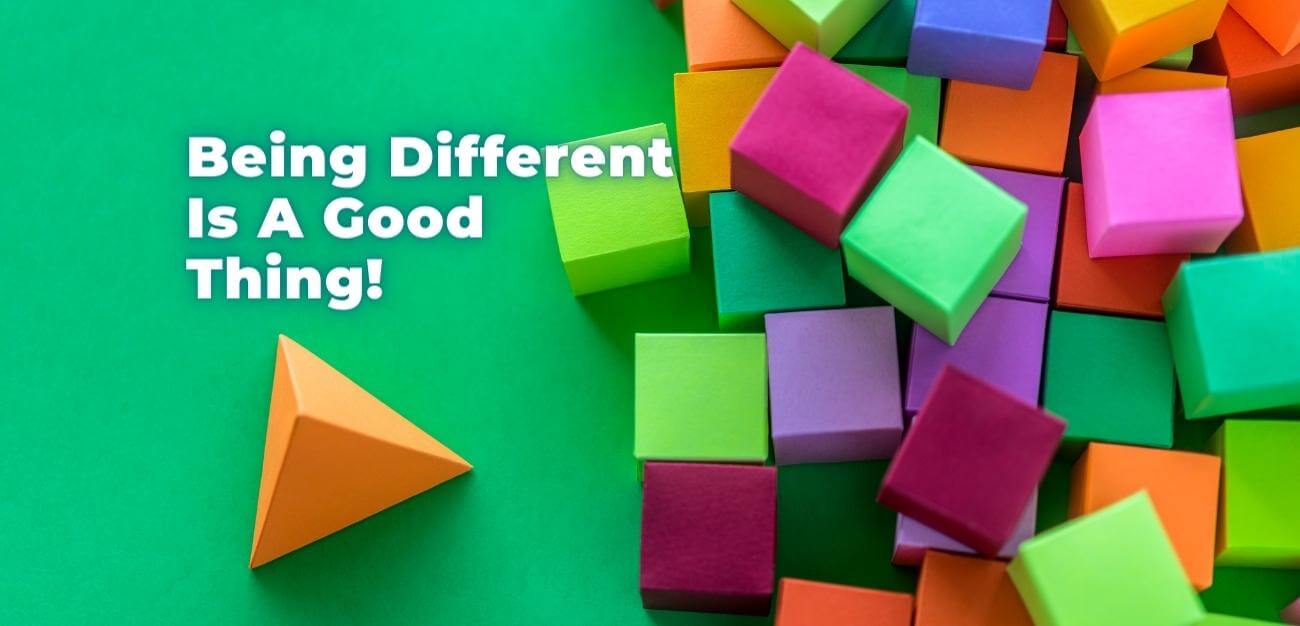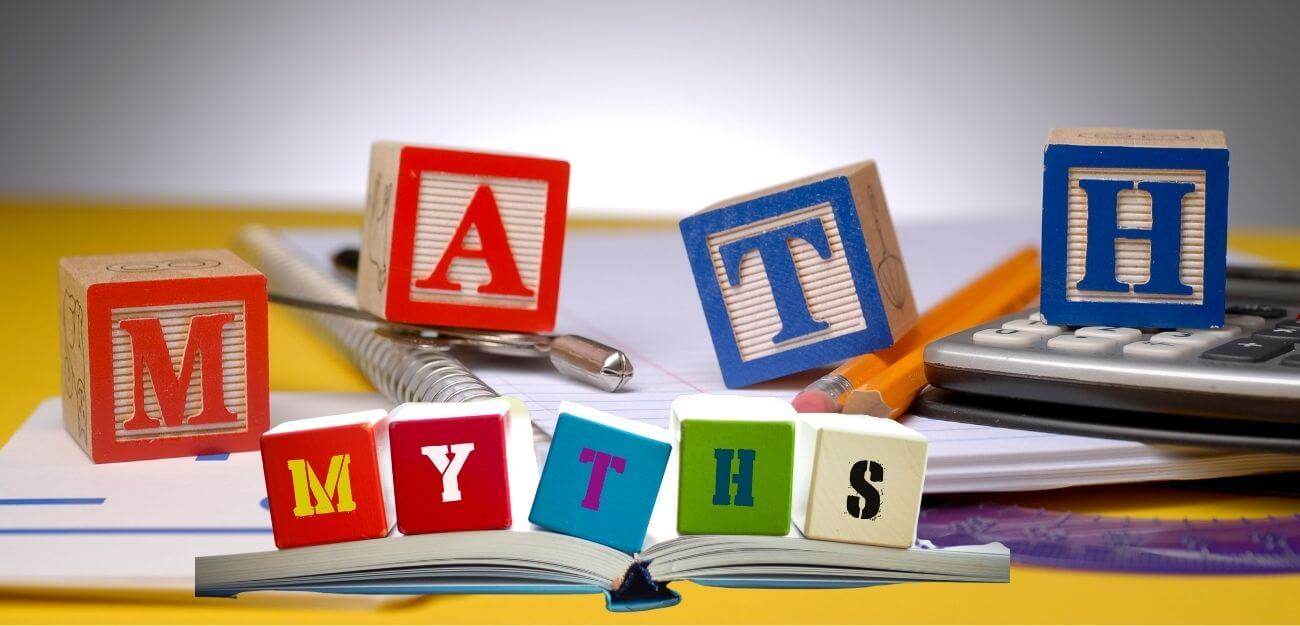How To Support Your Child’s Understanding Of Fractions
Supporting your child’s mathematical learning, specifically in the realm of fractions, can sometimes feel like uncharted territory. However, with the right tools, strategies, and mindset, you can make an immense difference in your child’s understanding of this core mathematical concept. Moreover, the right guidance can transform what is often perceived as a challenging subject into an accessible and engaging topic. This assistance goes beyond just helping with homework; it’s about nurturing a genuine understanding and appreciation of fractions in instilling the idea that math is fun in your child.
The ultimate goal is to help your child develop a solid foundation in fractions, which is a crucial stepping stone to understanding more advanced mathematical concepts in later grades; this article will offer practical advice and strategies to achieve this aim.
By taking the time to learn how to support your child’s understanding of fractions, you are investing in their future; you’re giving them the ability to approach mathematical challenges with confidence. Let’s delve into the strategies, techniques, and resources that will make this possible.
Why Your Child Struggles With Fractions: Common Challenges To Overcome
Understanding fractions is a fundamental skill in math; however, it often presents a formidable challenge to many children. The complexity arises from the fact that fractions embody a different conceptual framework compared to whole numbers; they introduce the concept of division and ratios which can be somewhat abstract for young minds. Parents, therefore, play a critical role in helping their children overcome these challenges and gain a strong foundation in fractions.
Common Challenges in Learning Fractions
The first obstacle that children often encounter is the conceptual leap from whole numbers to fractions. Whole numbers are easy; they represent discrete quantities that can be easily visualized. Fractions, on the other hand, represent a portion of a whole, a concept that is not as straightforward. This transition can be daunting for a child, especially if not guided properly.
Another significant challenge is understanding the relationship between the numerator and the denominator. The numerator represents parts of the whole, while the denominator signifies the number of equal parts into which the whole is divided. Grasping this inverse relationship can be quite abstract and confusing for children.
Additionally, the rules for adding, subtracting, multiplying, and dividing fractions differ from those used with whole numbers. Children often struggle to understand why these operations work differently with fractions. Without a deep understanding of these principles, children may find fractions frustrating and difficult.
How Parents Can Support Their Child’s Understanding Of Fractions
Parents can support their children’s understanding of fractions by breaking down these complex concepts into simpler, more digestible ones. Starting with visual aids like pie charts or fraction bars can help children visualize fractions, making the concept more tangible. Using real-life examples, such as dividing a pizza or a chocolate bar among friends, can also help children relate fractions to real-world situations.
Furthermore, parents can encourage their children to practice fractions regularly. Regular practice not only helps cement the understanding of fractions but also boosts children’s confidence in tackling them. However, parents should remember that the goal is not just to get the right answer, but to understand the process leading to that answer. In this way, children develop a deep understanding of fractions, which is essential for their future mathematical success.
With the right guidance, patience, and practice, children can overcome the difficulties associated with learning fractions. It’s all about making the abstract concrete, the unfamiliar familiar, and the complex simple.
Discovering The Fun In Fractions: Games And Activities To Keep Kids Engaged
It is essential to recognize the fundamental role of fun and engagement in enhancing your child’s understanding of fractions. Nothing is more effective in learning than the joy of discovery; and when it comes to fractions, there are plenty of engaging games and activities that can turn a potentially difficult subject into a delightful experience.
Let’s explore some of the exciting games and activities that can help you support your child’s understanding of fractions:
- Fraction Fun with Food: Pizza, pies, and other round foods offer an excellent opportunity for teaching fractions in a fun, delicious way. Have your child cut the food into halves, quarters, or even eighths, and discuss the fractions involved in the process. It’s an effective method for showing how fractions work in practical, real-life situations.
- Card Games: Traditional card games can be adapted to include fractions. For example, instead of using numbers, the cards could represent fractions. It would require your child to compare and understand fractions in order to win the game.
- Fraction Art: Encourage your child to create artwork using different fractions. For instance, they can draw a picture and colour in different fractions of it with different colours. This not only stimulates their creativity but also helps them visualize fractions.
While these activities can be effective, they might not be sufficient for a comprehensive understanding of fractions. This is where professional tutoring could be invaluable.
Supporting your child’s understanding of fractions doesn’t have to be a daunting task; with the right blend of fun activities and professional guidance, your child will be confidently working with fractions in no time.
The World Of Fractions Can Be Challenging
Deciphering the world of fractions can prove to be challenging for many children. However, as a parent, your support and encouragement can turn this complex concept into a fascinating journey of learning. Facilitating an understanding of fractions can be made substantially smoother and enjoyable by incorporating fun activities, using everyday examples, and engaging them in educational games.
Experienced tutors can be a pivotal partner in this mathematical journey. Tutoring programs are designed to foster a positive learning environment that promotes comprehension through engaging activities. It’s not just about rote learning; it’s about helping your child to understand and appreciate the beauty of mathematics.
Remember, every child learns at their own pace. Patience, consistent support, and the right guidance are the keys to unlocking their potential in math and beyond.
With these strategies and resources in place, supporting your child’s understanding of fractions will become a rewarding experience; not only will they excel in math, but they’ll also develop a lifelong love for learning.

